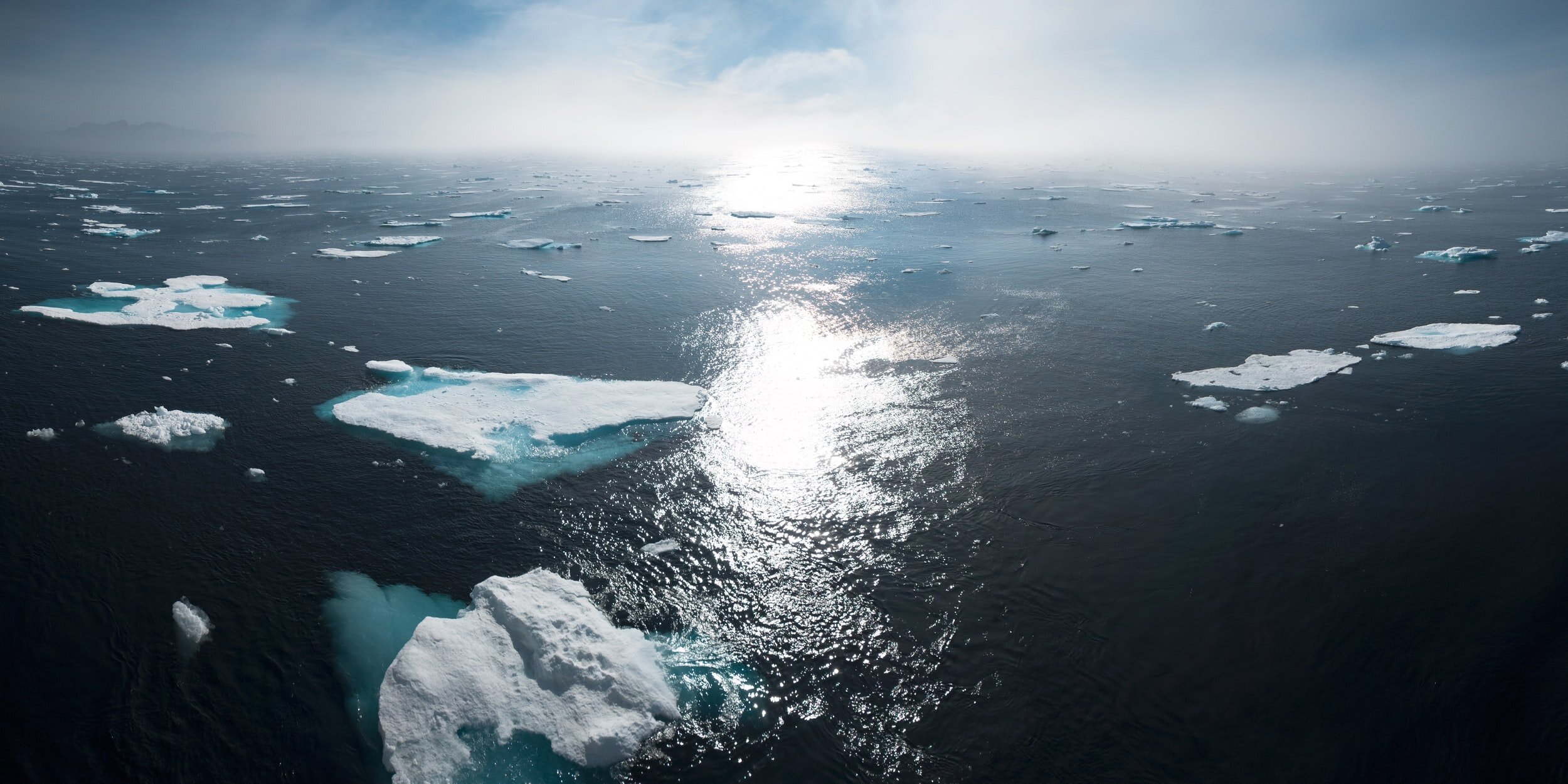
Climate Change
One of our core values is acknowledging and acting consistently within the understanding that the Yukon is in a climate and a biodiversity crisis. With the recent release of the IPCC, Sixth Assessment Report, it is critical that we create dialogue and action.
Our Vision
The Yukon is now facing an unprecedented climate crisis that is adversely impacting our northern ecosystems and rich biodiversity. We believe the path forward lies in education, the building of coalitions, and a passionate and reasoned advocacy for ethical conservation and protection of Yukon’s ecosystems and species.
Climate Change Goals
1.
2.
3.
Ensuring that climate change is effectively considered in the design and implementation of new infrastructure in the Yukon
To ignite action to address our climate and biodiversity crises
Fostering greater understanding of the need for immediate action to address the increasingly destructive impact of climate change

“The climate emergency is a race we are losing, but it is a race we can win”.
United Nations Secretary-General António Guterres, 2019 Climate Action Summit
Background
We aim to strengthen the Yukon's resilience, resistance and response to the twin climate and biodiversity crises; recognizing that all life is dependent upon healthy ecosystems. For it is difficult to argue that climate change – or, more accurately, the climate crisis – is not an existential threat to every aspect of our biodiversity. We believe that the twin crises of climate change and biodiversity loss must inform our path forward as we engage with our membership and others to educate, inform and advocate for immediate action to address these threats. It also captures the interconnected nature of our world, and the role we collectively play as insatiable consumers of resources. Ultimately, we are completely reliant on the health and vibrancy of our rich and diverse ecosystems. In support of our strategic priorities around biodiversity, the climate crisis, mining and energy, we will consider new ways to disseminate, and make use of the wealth of scientific data and Traditional Knowledge in Yukon, to inform decision-making and priority setting both in Yukon and elsewhere.
What is the climate crisis?
The phrase climate emergency or crisis involves both climate change and its consequences. It is often broadly used to describe the global risk of climate change and the dire effects that may well occur without strong, effective mitigation strategies. Mitigation strategies are plans and/or approaches to reduce both the impacts of and emissions from greenhouse gases. These strategies can range from renewable energy sources such as solar or electric thermal storage, to protecting carbon sink regions such as wetlands. Mitigation strategies differ from climate change adaptation in that adaptations refer more to actions that are taken to adjust to or prepare for the present and future effects of climate change. Adaptation strategies range from actions such as ensuring adequate disaster plans are developed and put in place or establishing protocols for more intense wildfire seasons.
Resources:
[Link] IPCC Sixth Assessment Report
Learn about the most up-to-date physical understanding of the climate system and climate change and global and regional climate simulations. The link above presents a number of videos, resources and the report itself.
[PDF] Our Clean Future: A Yukon strategy for climate change, energy and a green economy
Government of Yukon
What is the biodiversity crisis?
The Earth is teeming with life, and all living things are dependent on other organisms. Biodiversity can be used to describe the variety and variability within a species (genotypic variations) or between species, or the number of species in a particular area, in an ecosystem, or across the Earth. It reflects how all living things live in an interconnected web. Some ecosystems have more biodiversity than others. For example, the Amazon rainforest has more biodiversity, or a larger plethora of life, than the arctic tundra.
The biodiversity crisis is the “rapid loss of species, and the rapid degradation of ecosystems.” It describes the destruction and impairment of ecosystems across the globe as a result of the extirpation of a myriad of species that are vital to their well-being. The loss of biodiversity also weakens ecosystems, making them vulnerable to disease, drought, fire, etc. allowing for a more rapid degradation, and leaving humans bereft of essential resources found within these ecosystems. Scientists estimate that nearly half of all species will face extinction by the end of the century.
The biodiversity crisis is the result of our collective actions and wants which allow for habitat destruction, overconsumption, chemical pollution, and climate change.
Common Issues:
Humans depend on functioning, thriving ecosystems for necessities such as clean water and air, food, protection from natural disasters and disease. These ecosystems also help sculpt various cultural identities, and beliefs that are integral to humans. As biodiversity declines, so does the health of these ecosystems, and so do our resources. Our livelihood directly depends on the health of ecosystems around the world.
Mass extinctions are part of the fluid, and ever changing natural system. But as humans grow at an exponential rate, so do our impacts on the environment. The changes in biodiversity in the last 50 years have been more rapid than at any point in human history.
This shows that the biodiversity crisis is the result of our collective actions and wants which allow for habitat destruction, overconsumption, chemical pollution, and climate change.
Resources:
Current Initiative
Advocacy Strategy
We are currently working on developing a Yukon-specific climate crisis advocacy strategy that:
supports Yukoners in collectively holding government accountable for meeting stated commitments;
raises public awareness of corporate green-washing efforts;
identifies critical habitats requiring immediate protection;
provides specific recommendations on how Yukoners can do their part to address species extinction.
More information coming soon…


